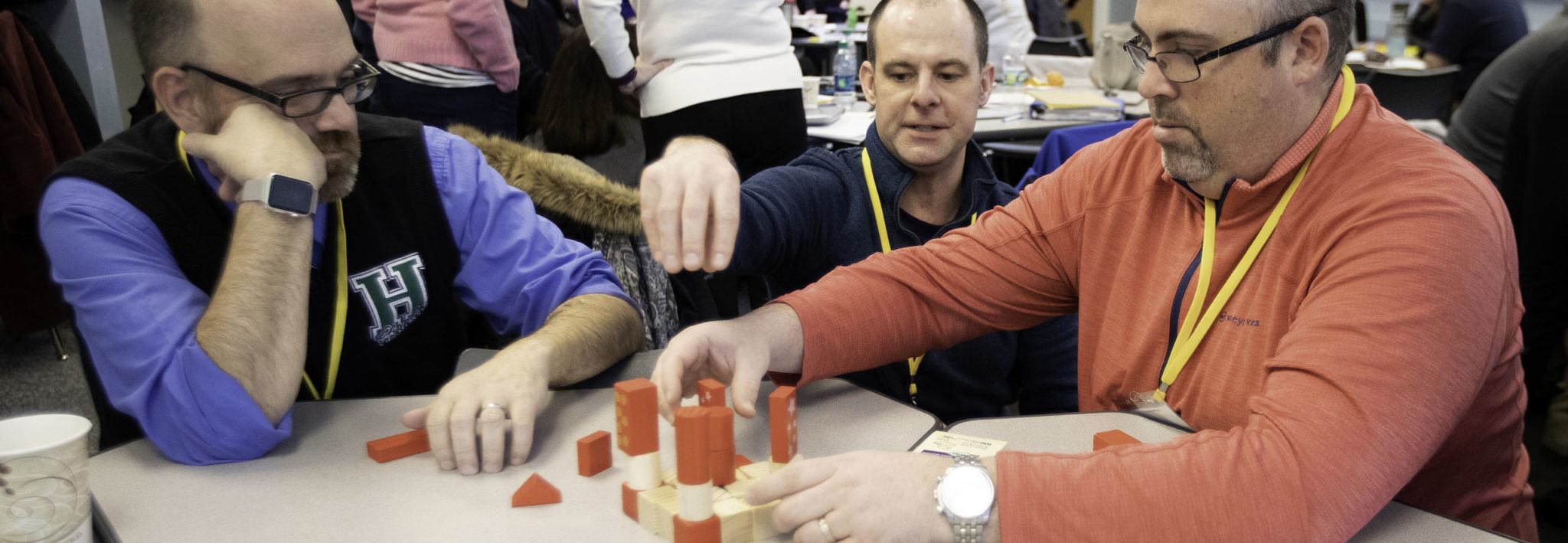Scaling Up Deeper Learning: Results From New Hampshire’s Statewide Efforts

Employers, colleges and families may not agree on much, but they tend to agree about this: our K-12 students need to develop essential skills like self-direction, collaboration, communication and creativity to successfully navigate college, career and community life. Trouble is, standardized tests and traditional assessments do not adequately capture whether students have developed these deeper learning skills. Too often, we test things we may not value and may not be all that important. Fortunately, leaders are working to change this, and the results are promising.
For the last several years, the state of New Hampshire has sought to move beyond assessments of content knowledge by capturing students’ level of proficiency in important 21st-century skills such as self-direction with the goal of scaling these innovations across the state. To accomplish this, leaders formed a unique research-practice partnership between JFF, New Hampshire Learning Initiative, the New Hampshire Department of Education and the Center for Innovation in Education.
Their efforts to implement, scale and study the effects of deeper learning assessments across the state provide a host of insights for educators, leaders and policymakers who are interested in the best ways to prepare youth for 21st-century life.
The partners sought to combine a developmentally backed research framework, rich teacher professional development and new instructional strategies in the classroom. They then leveraged a pre-existing statewide performance assessment system rooted in competency-based education (PACE) to implement deeper learning practices—what they call “work-study practices” (WSPs)—across the state. To track how that implementation spread and its impact, they designed a multi-year study that involved educators, leaders and students from across New Hampshire. Below is a summary of that study and what it discovered.
Research Questions
- What is the extent to which integrating a set of deeper learning practices improves outcomes on field-leading academic performance assessments?
- Do outcomes improve particularly for marginalized groups and students furthest from opportunities?
- Does a collaborative, learner-centered diffusion approach accelerate uptake and scaling of evidence-based practices?
Find out more including key findings from year one at Students at the Center Hub.
